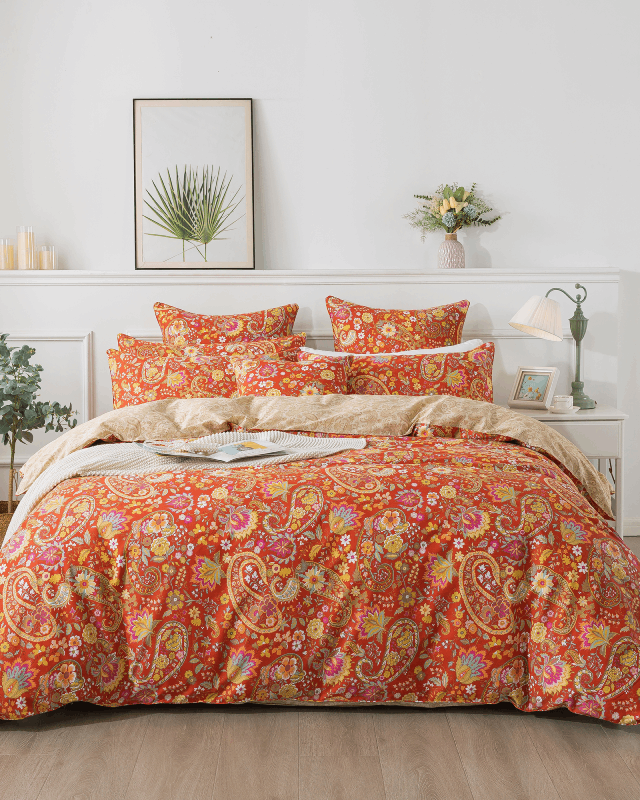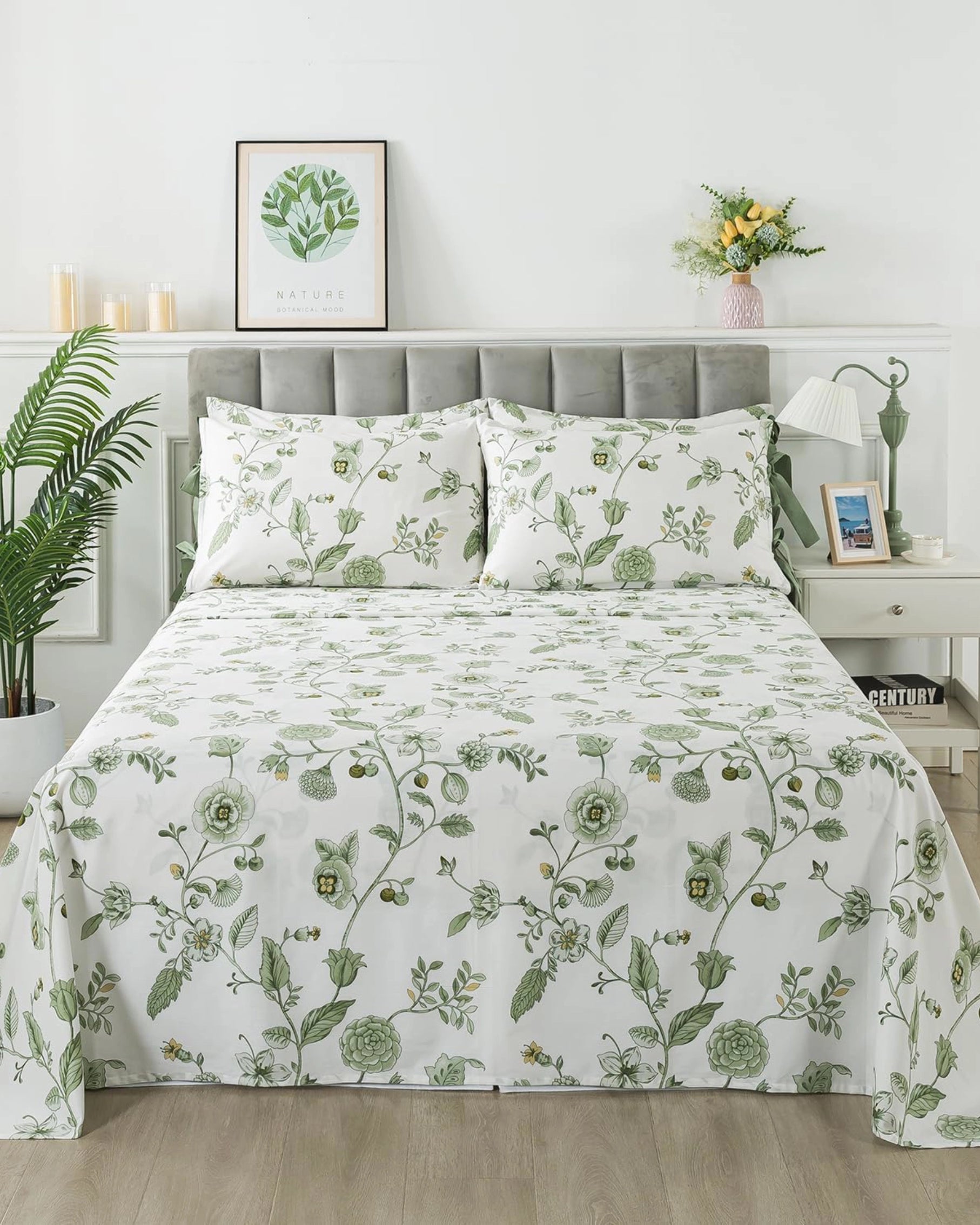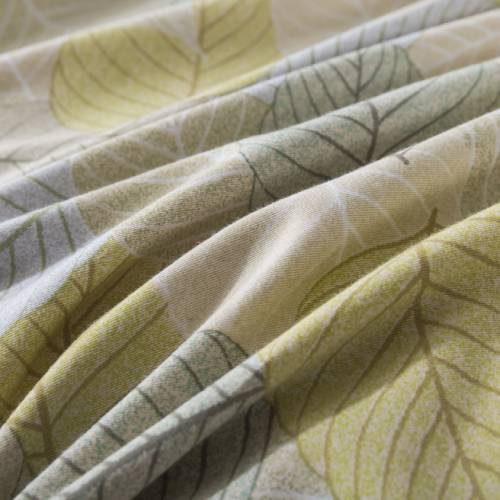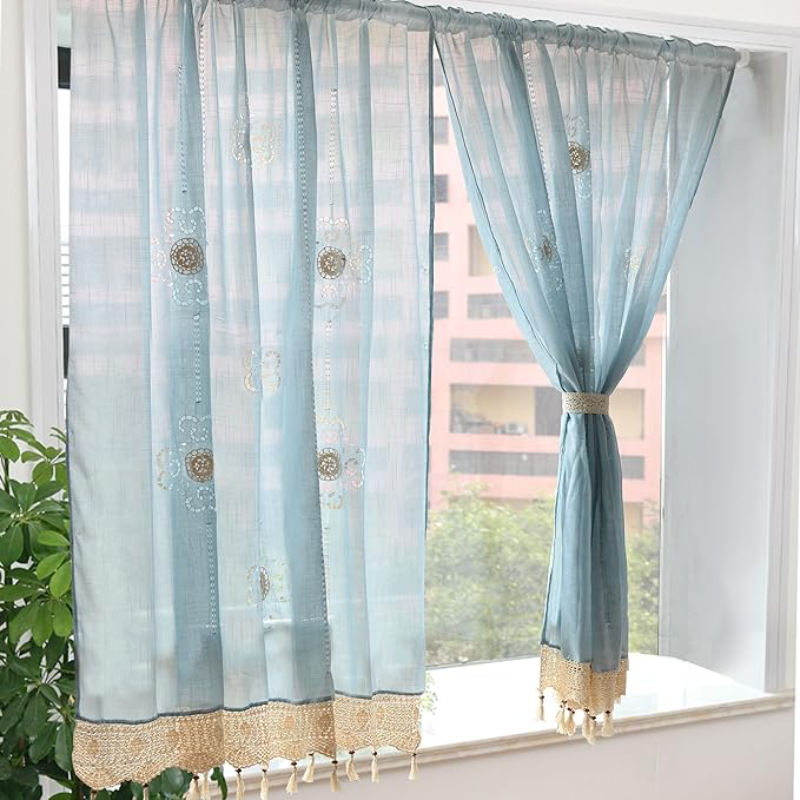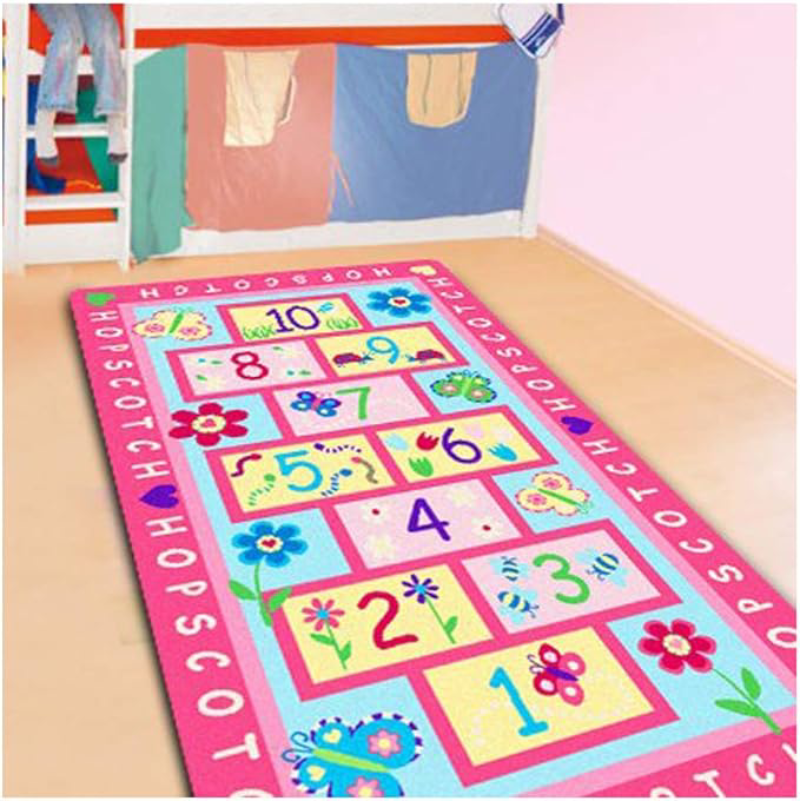When it comes to creating a comfortable and hygienic sleeping environment, the choice of bedding plays a crucial role. Among various bedding options, the duvet cover is often overlooked, yet it serves significant functions that contribute to health and comfort. This blog explores the reasons why sleeping without a duvet cover can be unhealthy, including hygiene concerns, maintenance issues, and the overall impact on sleep quality.
Understanding Duvet Covers
Before diving into the reasons for using a duvet cover, it’s essential to understand what a duvet cover is and its primary purposes. A duvet cover is a protective covering for a duvet, which is a soft, fluffy blanket filled with down, feathers, or synthetic materials. The duvet cover typically features a closure mechanism, such as buttons or zippers, allowing for easy removal and cleaning.
Key Functions of a Duvet Cover
Protection: Duvet covers protect the duvet from dirt, stains, and wear. Given that duvets can be challenging and time-consuming to clean, a cover acts as a barrier against spills, body oils, and dust.
Hygiene: A duvet cover can help maintain a hygienic sleeping environment by preventing the accumulation of dust mites, allergens, and bacteria. Regular washing of the duvet cover is much easier than washing the duvet itself.
Aesthetic Appeal: Duvet covers come in a variety of colors, patterns, and materials, allowing you to customize the look of your bedding. They can instantly refresh the appearance of your bedroom.
Comfort: The material of the duvet cover contributes to your overall sleeping comfort. A soft, breathable cover can enhance your sleeping experience, while a rough or uncomfortable fabric can disrupt sleep.
Hygiene Concerns
Accumulation of Dirt and Oils
Sleeping without a duvet cover exposes the duvet directly to your body. Throughout the night, your body releases oils, sweat, and skin cells, all of which can accumulate on the duvet. Over time, this buildup can lead to unpleasant odors and create an unhygienic sleeping environment.
Dust Mites and Allergens
Dust mites thrive in warm, humid environments, making bedding an ideal habitat. Without a duvet cover, the duvet can become a breeding ground for dust mites, which can trigger allergies and respiratory issues. Using a duvet cover helps mitigate this risk by allowing for easier washing and keeping dust mites at bay.
Bacteria and Germs
The presence of bacteria is another concern when sleeping without a duvet cover. Your bedding can collect germs from various sources, including pets, shoes, and everyday activities. Washing a duvet is more cumbersome than washing a duvet cover, which can lead to prolonged exposure to harmful bacteria.
Odors and Stains
Over time, body oils and sweat can create lingering odors in your duvet. Additionally, spills or accidents can lead to stains that are challenging to remove from a duvet. A duvet cover not only protects against these issues but also can be washed frequently, helping to keep your bedding smelling fresh.
Maintenance Issues
Difficulty in Cleaning
Duvets are often bulky and difficult to wash, requiring specialized laundering services in many cases. In contrast, duvet covers are usually machine washable and can be cleaned easily at home. Without a duvet cover, you may find yourself neglecting the cleaning of your duvet, leading to unhealthy sleeping conditions.
Lifespan of Bedding
Regularly washing a duvet cover can extend the lifespan of the duvet itself. Duvets that are frequently exposed to dirt and sweat may degrade faster, leading to the need for replacement. Using a duvet cover helps protect your investment in quality bedding.
Impact on Sleep Quality
Discomfort
The material of the duvet itself may not always be conducive to a good night’s sleep. Some duvets may be made from materials that are too hot, too cold, or not breathable. A duvet cover can help regulate temperature, providing a more comfortable sleeping experience.
Allergic Reactions
For those with allergies or sensitivities, sleeping without a duvet cover can exacerbate symptoms. Dust mites, pet dander, and other allergens can accumulate on unprotected bedding, leading to nasal congestion, sneezing, and other allergic reactions that can disrupt sleep.
Psychological Factors
A clean and well-maintained bed contributes to a more restful sleeping environment. Knowing that your duvet is protected by a cover can provide peace of mind and enhance your overall sense of comfort, contributing to better sleep quality.
Recommendations for Healthy Sleeping Habits
Regular Washing
To ensure a healthy sleeping environment, it’s essential to wash your duvet cover regularly. Most experts recommend washing bedding every one to two weeks, depending on personal habits and hygiene needs.
Choosing the Right Materials
When selecting a duvet cover, consider materials that are breathable and hypoallergenic, such as cotton or bamboo. These fabrics help regulate temperature and minimize the risk of allergic reactions, promoting a healthier sleep environment.
Consider Using a Mattress Protector
In addition to a duvet cover, using a mattress protector can further enhance hygiene and comfort. A mattress protector creates an additional barrier against dust mites, allergens, and spills, ensuring your entire sleeping area is clean and safe.
Create a Bedtime Routine
Establishing a bedtime routine that includes washing your bedding can reinforce the importance of hygiene in your sleeping environment. This routine can also help signal to your body that it’s time to wind down, improving sleep quality.
Conclusion
Sleeping without a duvet cover can lead to various health concerns, including hygiene issues, maintenance challenges, and negative impacts on sleep quality. By using a duvet cover, you can protect your duvet from dirt and allergens, maintain a cleaner sleeping environment, and enhance your overall comfort. Prioritizing hygiene in your bedding setup not only promotes better sleep but also contributes to long-term health and well-being.
Incorporating a duvet cover into your bedding routine is a simple yet effective way to ensure a restful and healthy sleeping environment. As we invest in our sleep, understanding the importance of proper bedding becomes paramount for a rejuvenating night's rest.

